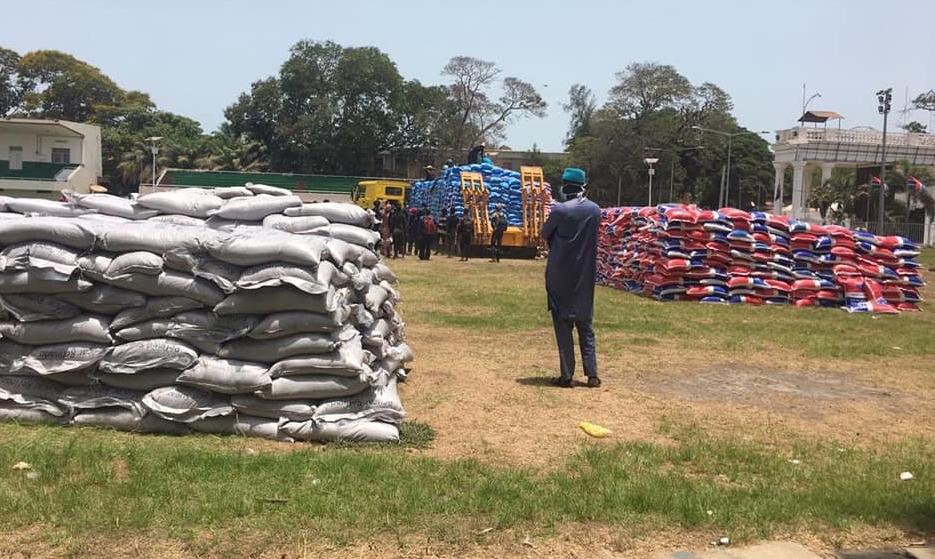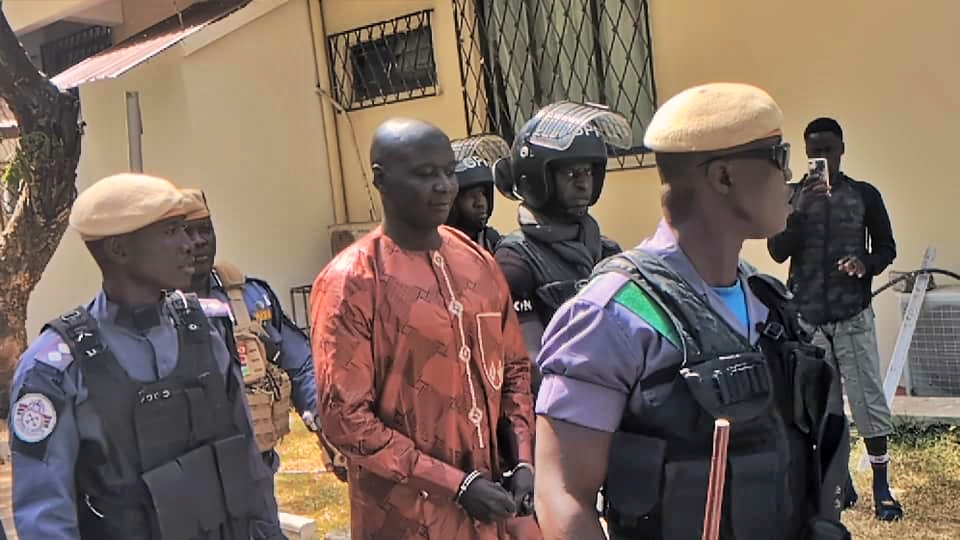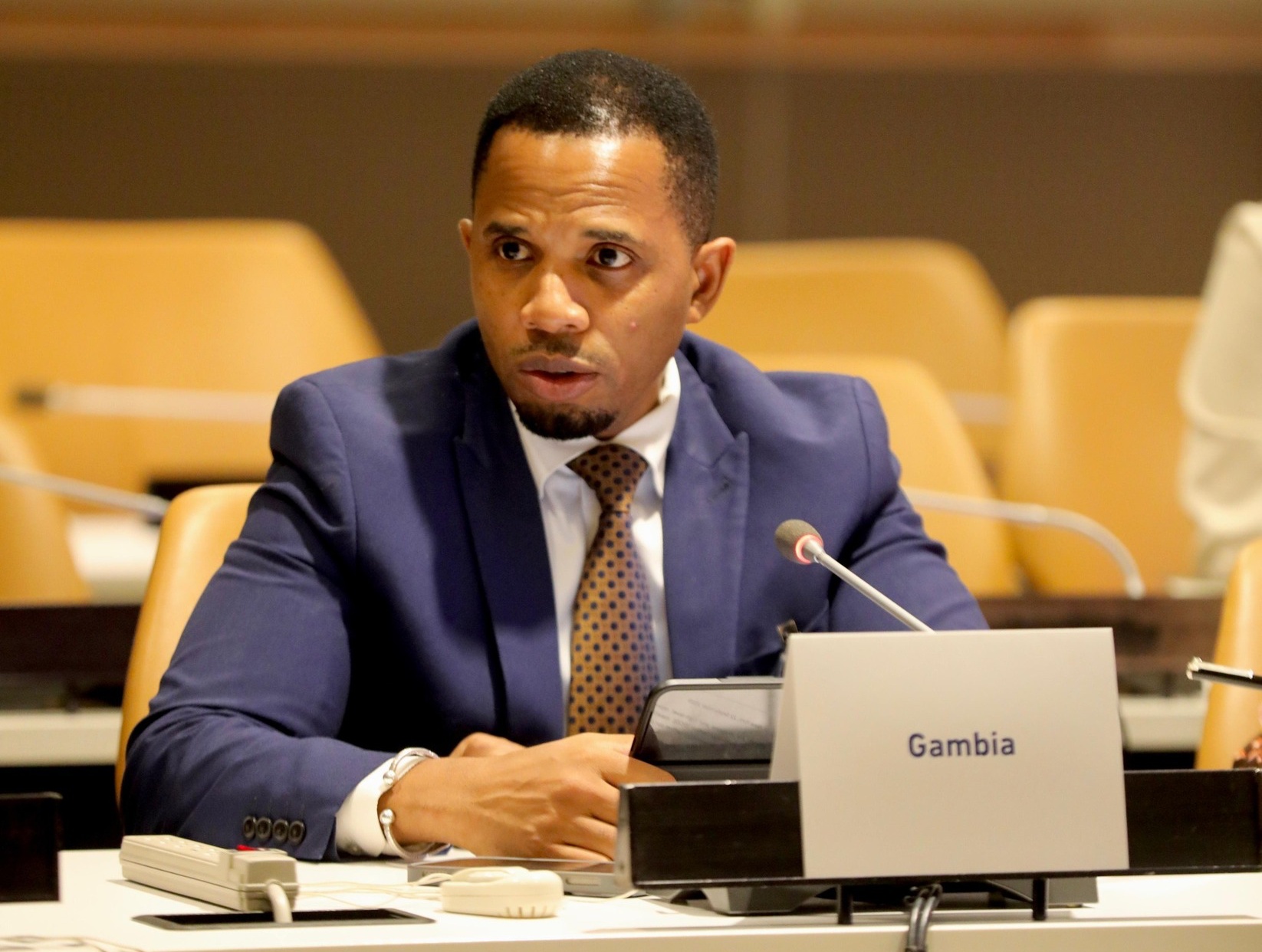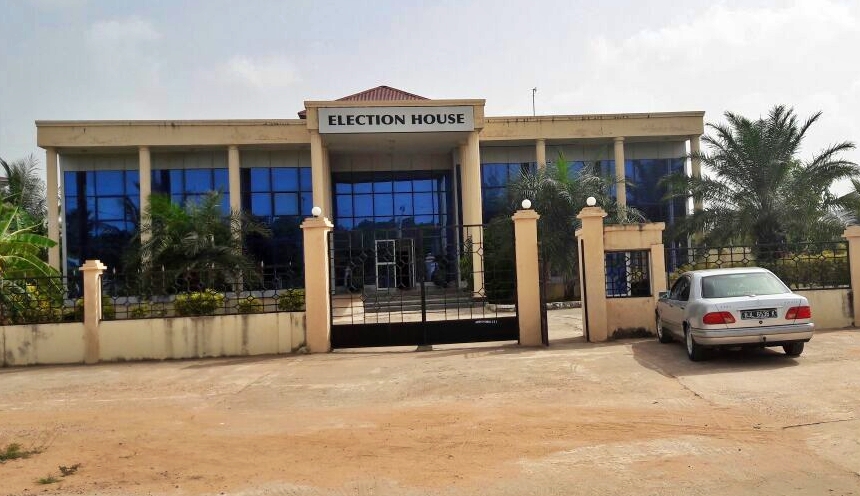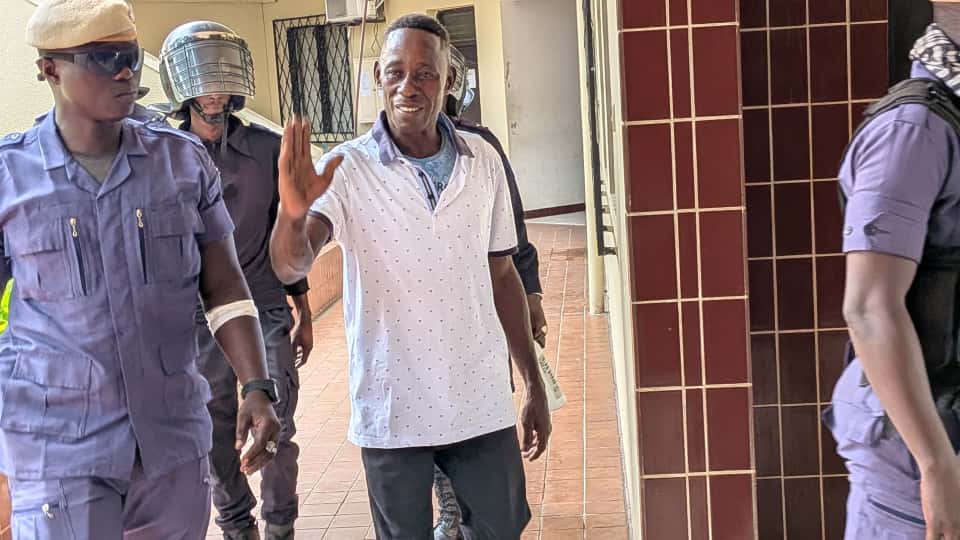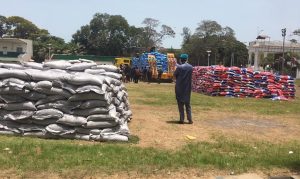Gambiaj.com – (Banjul, the Gambia)- The High Court in Banjul on Tuesday heard the testimony of the first prosecution witness in the ongoing trial of former Gambia Armed Forces soldier Abdoulie Sanyang, who faces four criminal charges, including arson, seditious intention, incitement to violence, and offences relating to judicial proceedings.
The witness, Mbye Conteh, a police officer stationed at the Special Investigation Unit (SIU), told the court that his unit is mandated to investigate all criminal matters and that he was part of the panel assigned to probe Sanyang’s remarks made during an interview on West Coast Radio.
Conteh said the accused was questioned about his statements on air and his alleged involvement in the burning of the APRC political bureau in Kanifing South.
Led in examination by State Counsel S. L. Jobarteh, the witness recounted that Sanyang personally requested the interview, insisting that he “wanted to talk to his fellow Gambians.” Conteh said the host of the radio program, Peter Gomez, later expressed concern about the tone of the remarks made during the broadcast.
According to Conteh, Gomez told investigators that he was “surprised” by Sanyang’s statements and tried to steer the conversation but that the accused “insisted on revealing the truth.”
The witness further testified that the investigation panel obtained a written statement from Peter Gomez and a video recording of the interview, which the prosecution sought to tender through him.
Defence counsel Lamin J. Darboe immediately objected to the tendering of the statement, arguing that it had not been disclosed to the defence and that it was improper for the witness, who was not its author, to submit it in court. “It will be right for Peter himself to come and testify,” Darboe told the court.
In response, State Counsel Jobarteh maintained that the objection was baseless, insisting that the statement bore Peter Gomez’s signature and was relevant to the case.
However, Justice Ebrima Jaiteh, in his ruling, upheld the defence objection. He held that the document was authored by Peter Gomez and could not be admitted through another witness. The judge stressed that fair disclosure to the defence is a constitutional right and that the prosecution had failed to meet the required standard for admissibility.
The document was subsequently returned to the prosecution.
Proceedings were later interrupted due to technical difficulties, and the matter was adjourned for continuation.




